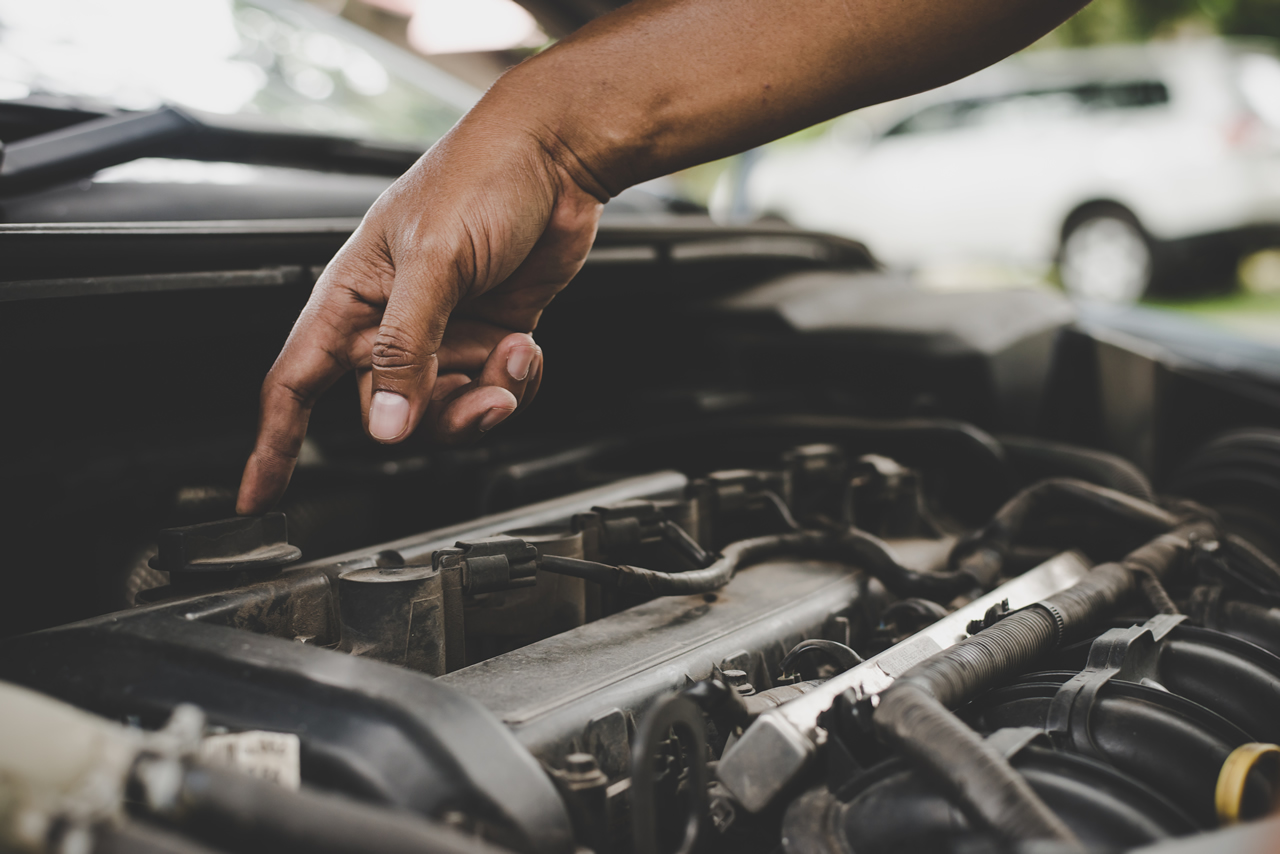As an expert in the auto repair industry, I understand that engine misfires are one of the most common and frustrating issues that car owners face. When your engine misfires, it can cause a range of problems, from reduced performance and fuel economy to more serious issues like engine damage.
If you're experiencing an engine misfire, it's important to diagnose the issue quickly so that you can get your car back on the road safely and reliably. In this article, we'll take a look at six possible causes of engine misfires, including:
- Faulty spark plugs
- Malfunctioning ignition coils
- Clogged fuel injectors
- Vacuum leaks
- Low fuel pressure
- Engine timing issues
We'll discuss each of these potential causes in detail, and provide you with the information you need to diagnose and repair your engine misfire.
Faulty Spark Plugs
One of the most common causes of engine misfires is faulty spark plugs. Spark plugs play a critical role in the combustion process, creating the spark that ignites the fuel in the engine. Over time, spark plugs can become worn or fouled, leading to a weak spark or no spark at all.
To determine if faulty spark plugs are the cause of your engine misfire, you'll need to remove them and inspect them for signs of wear or damage. Look for signs of corrosion or deposits on the spark plug, as well as any cracks or chips in the porcelain insulator.
If you find that your spark plugs are worn or damaged, you'll need to replace them with new ones. Be sure to use the correct type of spark plug for your car, as using the wrong type can lead to additional issues.
Malfunctioning Ignition Coils
Another common cause of engine misfires is malfunctioning ignition coils. Ignition coils are responsible for creating the high voltage spark that ignites the fuel in the engine. If an ignition coil fails, it can lead to a weak or no spark, resulting in an engine misfire.
To determine if a malfunctioning ignition coil is the cause of your engine misfire, you'll need to perform a diagnostic test using an ignition coil tester. If you find that one or more of your ignition coils are faulty, you'll need to replace them with new ones.
Clogged Fuel Injectors
Clogged fuel injectors can also cause engine misfires. Fuel injectors play a critical role in delivering the correct amount of fuel to the engine. Over time, fuel injectors can become clogged with dirt and debris, leading to a reduction in fuel flow and engine misfires.
To determine if clogged fuel injectors are the cause of your engine misfire, you'll need to have them inspected and cleaned by a professional mechanic. In some cases, a fuel injector may need to be replaced if it is too badly clogged or damaged.
Vacuum Leaks
Vacuum leaks can also cause engine misfires. Vacuum leaks occur when there is a leak in the intake system, allowing air to enter the engine without passing through the proper channels. This can lead to a lean fuel mixture, resulting in engine misfires.
To determine if a vacuum leak is the cause of your engine misfire, you'll need to perform a diagnostic test using a vacuum gauge. If you find that there is a vacuum leak, you'll need to identify and repair the source of the leak.
Low Fuel Pressure
Low fuel pressure can also cause engine misfires. If the fuel pressure in the engine is too low, it can result in a lean fuel mixture, leading to engine misfires.
To determine if low fuel pressure is the cause of your engine misfire, you'll need to perform a diagnostic test using a fuel pressure gauge. If you find that the fuel pressure is too low, you'll need to identify and repair the source of the problem. This may involve replacing a faulty fuel pump or repairing a fuel line that is clogged or damaged.
Engine Timing Issues
Finally, engine timing issues can also cause engine misfires. If the engine timing is off, it can cause the spark plug to fire at the wrong time, resulting in a misfire. This can be caused by a variety of issues, including a broken timing belt, a faulty camshaft sensor, or a malfunctioning crankshaft sensor.
To determine if engine timing issues are the cause of your engine misfire, you'll need to perform a diagnostic test using a timing light. If you find that the timing is off, you'll need to identify and repair the source of the problem. This may involve replacing a broken timing belt, or repairing or replacing a faulty sensor.

Engine misfires can be caused by a variety of issues, including faulty spark plugs, malfunctioning ignition coils, clogged fuel injectors, vacuum leaks, low fuel pressure, and engine timing issues. By understanding the potential causes of engine misfires and performing the necessary diagnostic tests, you can quickly and effectively diagnose and repair your engine, getting your car back on the road safely and reliably.


